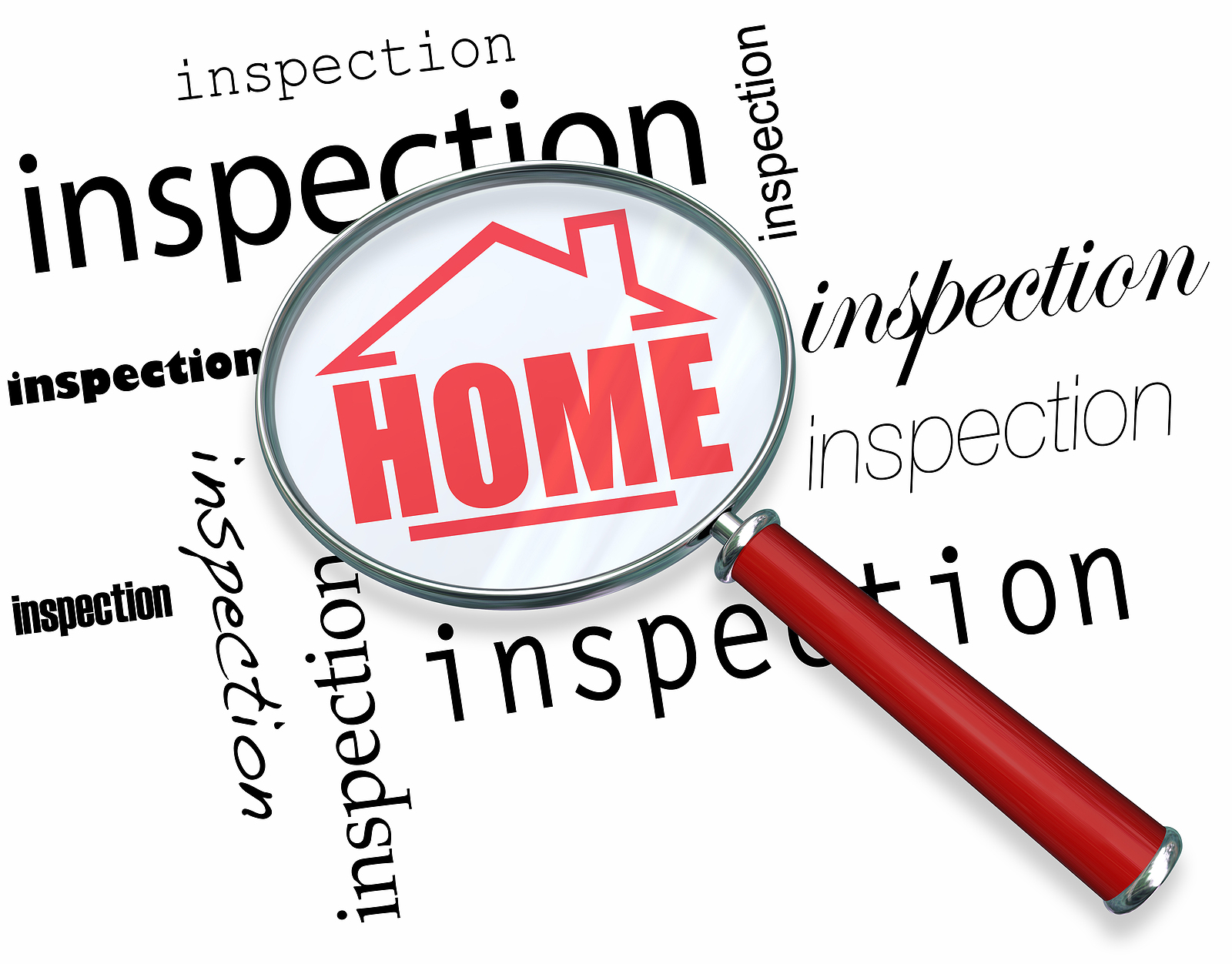In the dynamic world of real estate, selling a home is not just about listing it on the market. It’s about making strategic decisions that enhance its appeal and value to prospective buyers. One such decision is opting for a pre-listing inspection. This detailed guide dives into what a pre-listing inspection entails, its coverage, comparison with standard home inspections, timing, costs, and the nuanced pros and cons it presents to sellers. Additionally, we’ll explore the obligations around disclosure and address common concerns and misconceptions about the process.
What is a Pre-Listing Inspection?
A pre-listing inspection is an assessment conducted on behalf of the seller before a home is listed for sale. This proactive approach allows sellers to uncover any issues or defects within the property that could potentially derail or complicate a future sale. By identifying these problems early, sellers can choose to address them, thereby avoiding last-minute negotiations or concessions to the buyer.
What Does a Pre-Listing Inspection Cover?
Pre-listing inspections mirror the thoroughness of buyer-initiated inspections, examining key components of the home, including but not limited to:
- Structural Integrity: Assessing the foundation, beams, and roofing for signs of wear, damage, or instability.
- Systems and Components: Evaluating the condition and function of the home’s HVAC, electrical, and plumbing systems.
- Exterior and Interior Conditions: Checking for any damage or concerns with the home’s exterior walls, windows, doors, and interior spaces.
- Additional Inspections: Depending on the property, this might also include checks for mold, pests, radon, or asbestos.
Home Inspection vs. Pre-Listing Inspection
While both inspections aim to evaluate the condition of a property, their timing and initiating party differ. A traditional home inspection is requested by the buyer after an offer is made, often as a contingency of the sale. In contrast, a pre-listing inspection is initiated by the seller before the home is even listed. This fundamental difference can significantly impact the negotiation dynamics and sale process.
When to Get a Pre-Listing Inspection
The ideal timing for a pre-listing inspection is before you list your home for sale. This strategic timing allows you ample opportunity to make necessary repairs or adjustments based on the inspection findings, setting a realistic price for your property that reflects its condition and market value.
How Much Does a Pre-Listing Inspection Cost?
The cost of a pre-listing inspection can vary widely depending on the size and location of your home, as well as the depth of the inspection required. On average, sellers might expect to pay anywhere from $200 to $600. While this may seem like an additional upfront cost, it can save money in the long run by preventing unexpected issues from arising during the sale process.
Pros and Cons of a Pre-Listing Inspection
Pros:
- Increased Transparency: Offers a clear picture of the home’s condition, enhancing trust with potential buyers.
- Negotiation Leverage: By addressing issues beforehand, sellers can avoid price negotiations related to the property’s condition.
- Faster Closing: Minimizes the chances of surprises that could delay or derail the sale process.
Cons:
- Upfront Costs: Requires an initial investment from the seller for the inspection.
- Potential for Overwhelming Information: Sellers might feel compelled to fix all issues identified, which can be costly and time-consuming.
- Disclosure Requirements: Revealed issues may need to be disclosed to potential buyers, which could affect their interest or the perceived value of the home.
Are You Required to Disclose Your Pre-Listing Inspection?
Disclosure requirements vary by state, but generally, any known defects or issues that could materially affect the property’s value must be disclosed to potential buyers. This means that if a pre-listing inspection uncovers any significant problems, the seller is typically obligated to disclose these findings.
What About Sellers Who Don’t See the Sense in Paying for an Inspection?
Some sellers may question the value of a pre-listing inspection, especially if they believe their home is in good condition or if they’re in a hurry to sell. While skipping the inspection can save upfront costs, it’s a risky move that could lead to unexpected buyer demands, renegotiations, and even legal disputes post-sale. The cost of a pre-listing inspection is often a small price to pay for the peace of mind and smoother sale process it can provide.
Wouldn’t Buyers Still Want to Do Their Own Inspection?
Yes, many buyers will still opt for their own inspection, and that’s perfectly acceptable. However, a pre-listing inspection can complement this process by preparing the seller for what might be discovered, allowing them to address significant issues beforehand. It can also serve as a gesture of good faith, showing potential buyers that the seller is committed to transparency and has taken steps to ensure the home’s condition is up to par.
Conclusion
A pre-listing inspection is a strategic tool that can significantly impact the sale of a home. It not only prepares sellers for negotiations by providing a clear understanding of their property’s condition but also streamlines the sale process by mitigating potential surprises that could delay or derail a deal. While it comes with its own set of considerations—such as cost and the potential need for disclosures—it offers a proactive approach to selling that can ultimately lead to a more satisfying, efficient, and potentially more profitable sale.
By understanding the ins and outs of pre-listing inspections, sellers can navigate the real estate market more effectively, ensuring their home stands out for all the right reasons. Whether you’re a first-time seller or a seasoned real estate investor, considering a pre-listing inspection could be the key to unlocking the true potential of your property sale.
FAQ
Q: Can I perform a pre-listing inspection myself, or do I need a professional?
A: While sellers can conduct a basic review of their property, a professional home inspector brings a level of expertise and thoroughness that is crucial for a comprehensive assessment. Professional inspectors are trained to identify issues that may not be apparent to the untrained eye, including structural, electrical, and plumbing problems. It’s highly recommended to hire a professional to ensure the inspection is thorough and adheres to industry standards.
Q: If the pre-listing inspection reveals major issues, am I obligated to fix them?
A: Discovering major issues during a pre-listing inspection does not obligate you to fix them. Sellers have the option to repair the issues, adjust the home’s price accordingly, or disclose the problems to potential buyers and sell the home as-is. Each option impacts the sale process and negotiations differently, so it’s important to weigh the costs and benefits before making a decision.
Q: How do I choose a reliable home inspector for a pre-listing inspection?
A: To select a reliable home inspector, look for individuals certified by reputable organizations such as the American Society of Home Inspectors (ASHI) or the International Association of Certified Home Inspectors (InterNACHI). Recommendations from your real estate agent or industry peers, along with reviews






